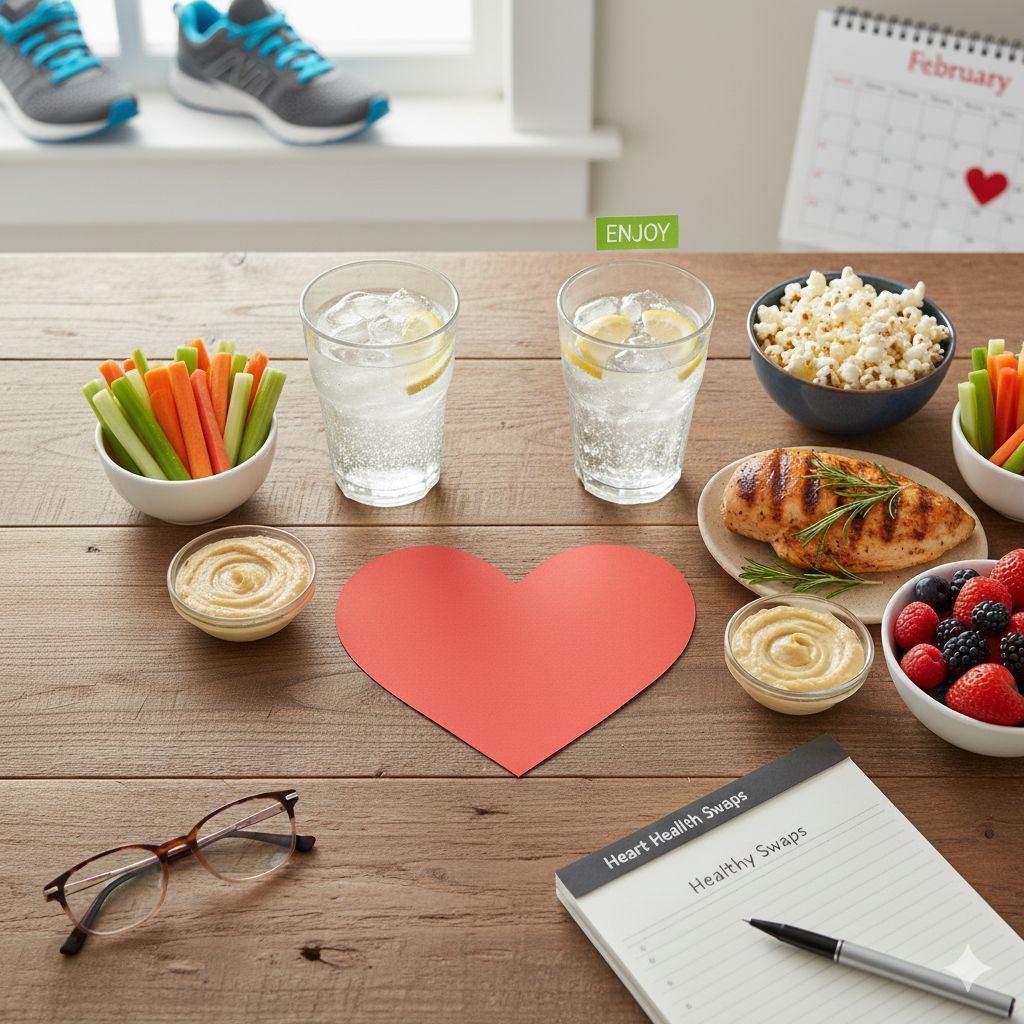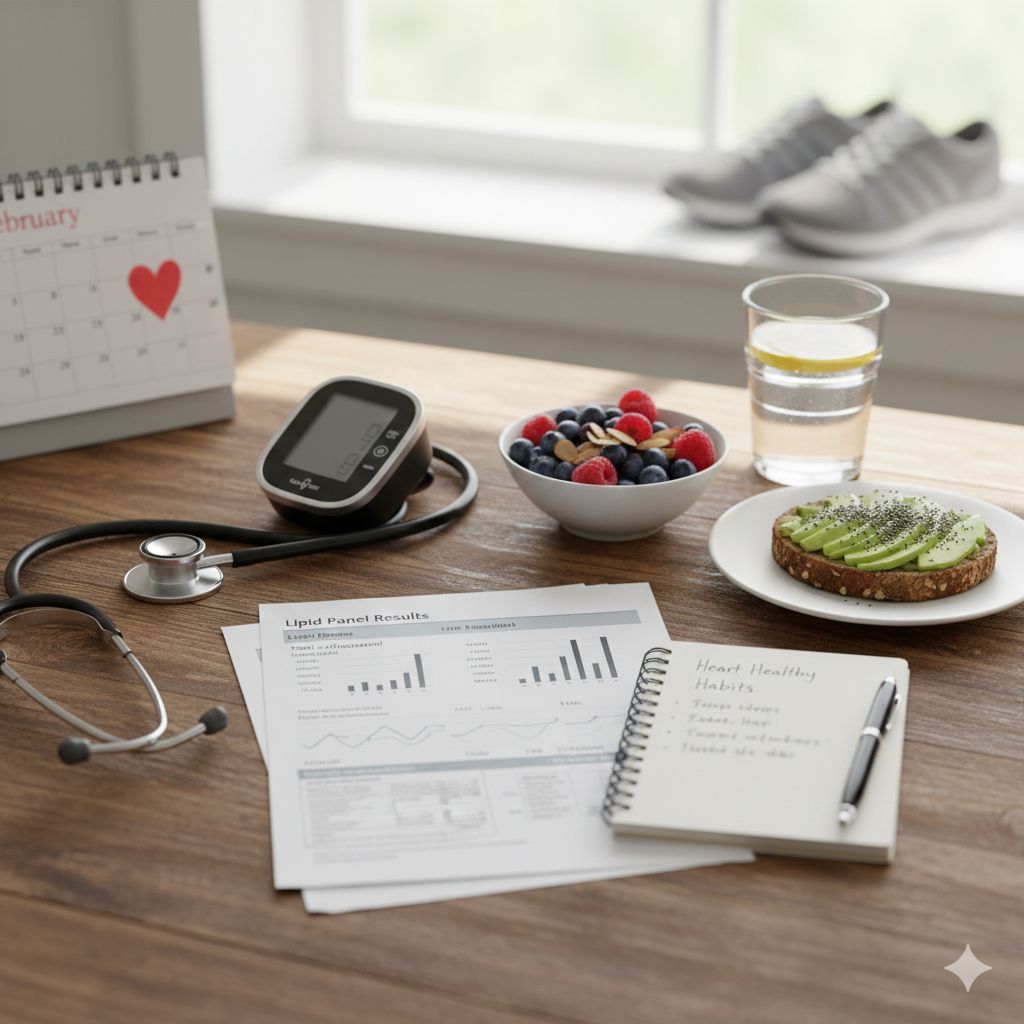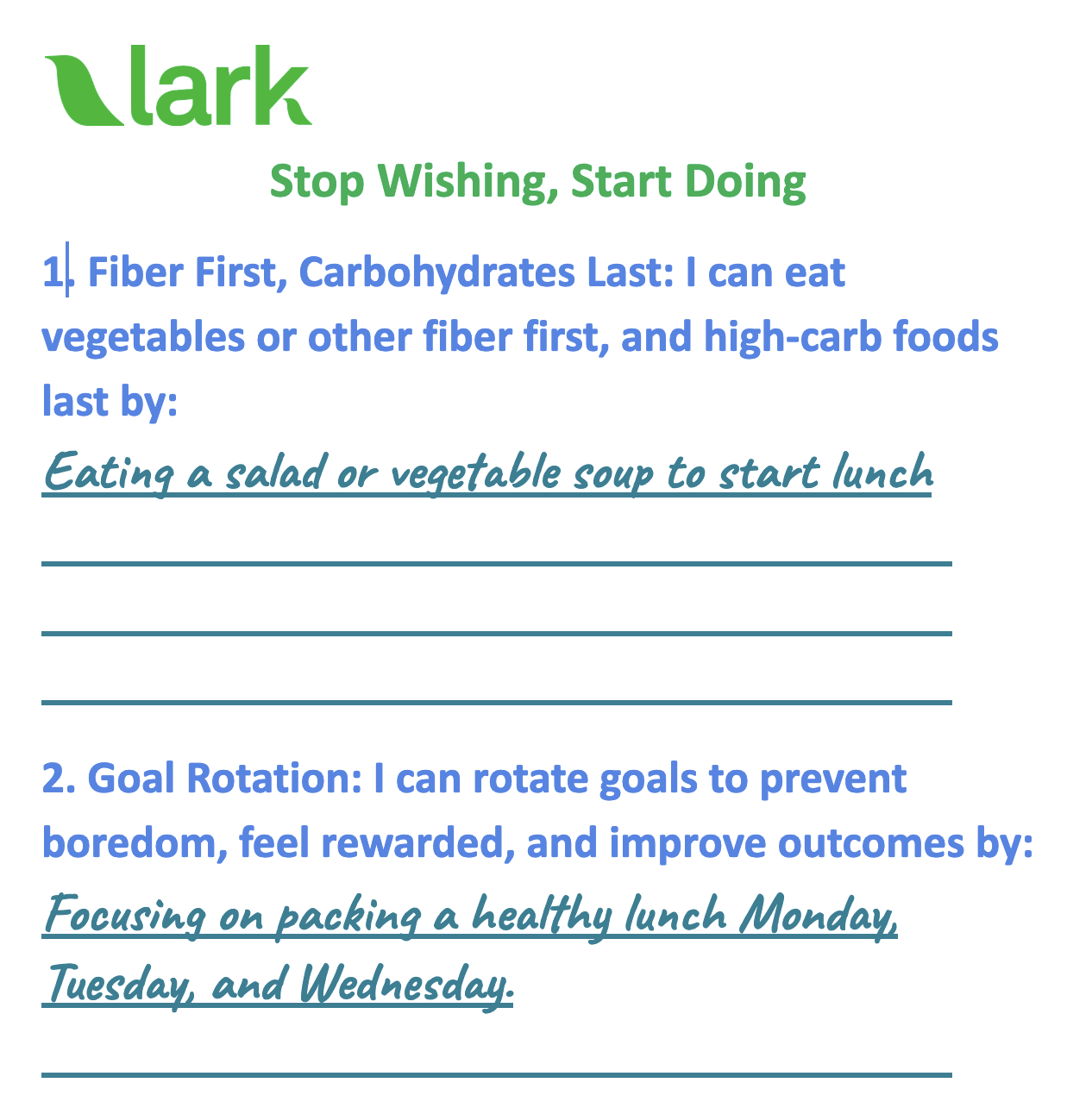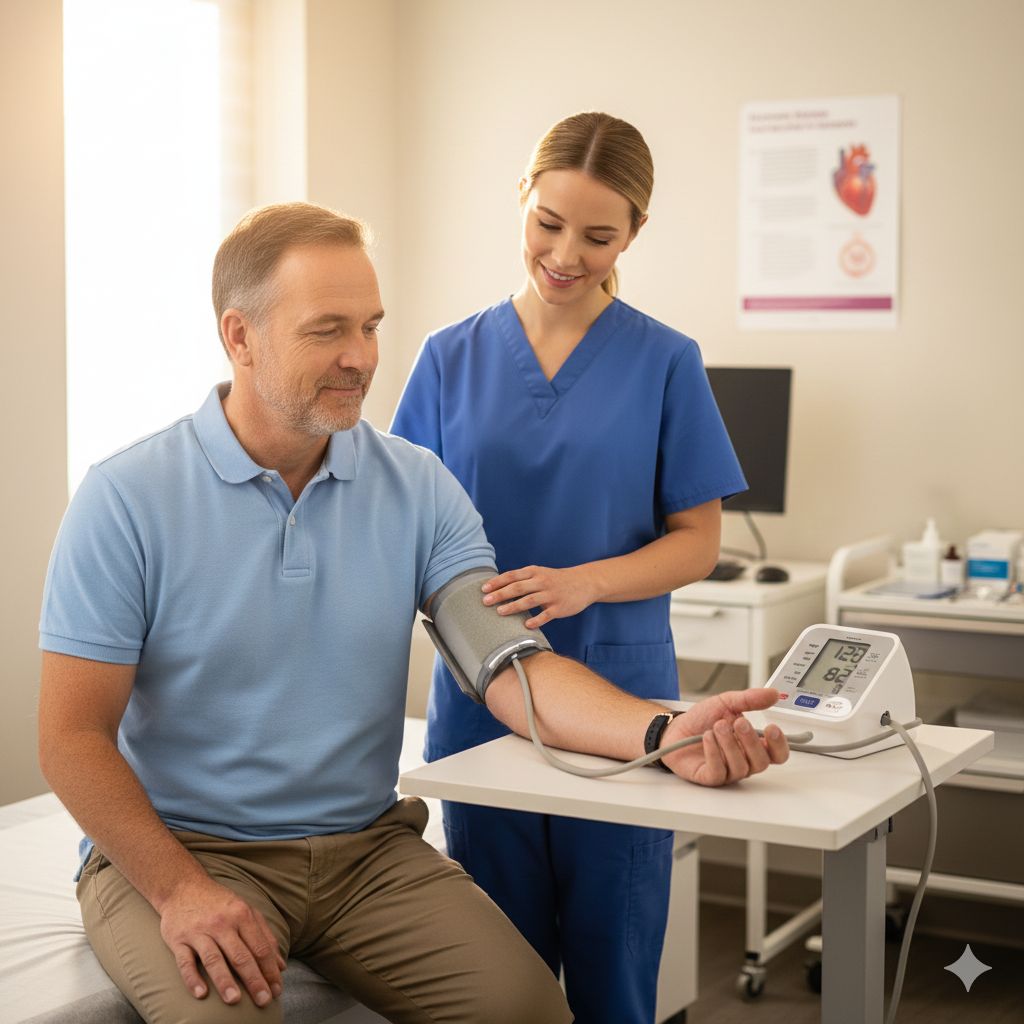Millennials have proven to be a unique generation in many ways, and their health is no exception. A recent Blue Cross Blue Shield report called "The Health of Millennials" found that the generation, or those born between 1981 and 1996, are at risk for chronic physical and mental health conditions.
These are the 10 conditions in the report, listed in order of prevalence.
- Hypertension*
- High cholesterol*
- Tobacco use disorder*
- Major depression*
- Hyperactivity*
- Type 2 diabetes*
- Substance use disorder*
- Alcohol use disorder
- Crohn's disease/ulcerative colitis*
- Psychotic conditions
In addition, they are more likely than Gen X'ers were, at the same age, to have 8 of these 10 top chronic health conditions, and rates are increasing.[1] The conditions marked with an asterisk (*) are more prevalent in Millennials than in Gen X'ers.
These conditions are serious, but there is good news. Many of the lifestyle choices you make on a daily basis can affect your risk for these conditions. These are five lifestyle patterns among Millennials that may be related to these health conditions, and how they can be changed.
Lark is a health coach on your smartphone that can help you make small changes that become habits and add up to big results for health.
1. Delivery Of Everything
While Traditionalists may have equated "delivery" with "pizza," Millennials have grown up in a world where anything can be delivered now, including ice cream, alcohol, fresh vegetables, and pet food. Often, at a price that is lower than what you would pay if you got up and went to the store or restaurant yourself. Quick and free shipping delivery have their advantages, but may have some drawbacks. For example:
- Since the sale is easier to complete, you may make more impulse purchases rather than thinking twice as you might if you had to drive to the store or restaurant. This can mean ordering fries and a burger the second you get the urge, rather than waiting and potentially having the urge pass and snacking on baby carrots at home. The extra saturated fat, sodium, and carbs from fast food can increase risk for hypertension, high cholesterol, and diabetes.
- Knowing you can get more anytime may encourage you to eat more now instead of saving it for later. That is a recipe for weight gain.
- Ordering online allows you to avoid embarrassment when ordering, which could lead you to order extra dessert or sides.
Delivery can save time and money, and reduce stress, but being aware of what you are ordering and why can help keep it from harming your health.
2. Stress Affecting Millennials Health
Millennials report more stress and have higher rates of anxiety than previous generations. Increased stress can affect hormone balance and other processes in your body, and raise risk for diabetes, hypertension, major depressive disorder, and more health conditions.
Why are millennials so stressed out? Money worries include excessive student debt and an affordable housing market. Compounded with that are possible differences in spending priorities, with Millennials tending to have trouble planning and saving for vacations, so being unable to take them.
Other characteristics of Millennials are the higher likelihood of living with their parents after college - a stressor in itself, for many - and searching for a dream job that they may not have yet identified and that may not exist.
Better stress management can reduce the harmful effects of stress. Simple but effective techniques include exercising regularly, practicing deep breathing exercises, doing yoga, and visualization. Lark has stress management programs to turn these practices into long-lasting habits.
3. Social Media Affecting Millennials Health
Social media keeps us connected, lets us stay in touch with friends from any period of our lives and anywhere in the world, introduces us to new people, and lets us know what's happening in our neighborhoods. Millennials are tied up with social media.
It may be surprising, then, to realize that Millennials often feel isolated. The fact is that staring at a smartphone may not have the same effect as talking to people in person or over the phone. Isolation is a risk factor for many psychological and physical health conditions that Millennials have.
Despite its risks, social media use can be healthy especially if you are able to stay aware of your use. Being deliberate about why you are using a specific platform, staying in touch only with people you care about, and limiting your time virtually interacting compared to interacting with people face to face, can keep it from being a sinkhole for your psyche. In addition, preventing yourself from comparing yourself to others can help.
4.Fast Food Affecting Millennials Health
Millennials are more obese than previous generations were at the same age, putting them at risk for type 2 diabetes, hypertension, high cholesterol, and other physical health conditions. In addition, obesity can raise risk for weight gain.
Eating habits of Millennials may help explain part of this trend. Compared to other generations, Millennials spend more of their food dollar on fast food and prepared foods. Millennials also tend to spend less time preparing food and cleaning up. People who eat more fast food are more likely to gain weight.
Fast food tends to be inexpensive, so it is easy to order and eat too much of it. Fat, refined carbs, and sodium are common among popular items such as burgers, fries, fried chicken, burritos, fried rice, breakfast sandwiches, sub sandwiches, milkshakes, and - a Millennial favorite - pizza. Fast food is temptingly delicious, quick, and often fun to eat, making it pretty irresistible.
Buck the Trend
If you are not prepared to opt out of trips to your favorite fast food places, a few smart tips can help you get healthier foods from fast food joints.
- Grilled or roast chicken, grilled shrimp, beans, and veggie burger patties are lean proteins and relatively low in calories.
- Vegetables are often available on sandwiches or in burritos, as sides in salads or as baby carrots, or in soup.
- Water is a sugar-free, calorie-free beverage.
- Creamy, cheesy, and "special" sauces, dips, and spreads add calories and fat.
- Oatmeal and egg white dishes can be more nutritious, lower-calorie breakfast choices than pancakes, breakfast sandwiches and burritos, and hash browns.
5. Highly Processed Groceries
When they do shop for food, Millennials are more likely to purchase prepared foods, including frozen meals and snacks, packaged salad and dinner kits, canned chili and soup, and ready-made sandwiches, and egg salad. In addition, pasta and sweets are more common than in other generations.
The problem with highly processed foods is that compared to less-processed ingredients prepared at home, they are often higher in calories per serving, which can cause weight gain and raise risk for obesity. They can also be higher in sugar, fat, and sodium, and lower in fiber.
Buck the trend:
Fresh fruits and vegetables are already relatively popular among Millennials, and that is great. Other less-processed foods to consider when grocery shopping are whole grains, beans, dairy products, and nuts and peanuts.
There are plenty of nutritious prepared options at supermarkets. These are some tips.
- Roast chickens, cottage cheese, yogurt, grab-and-go salads, and hard-boiled eggs are ready to be eaten.
- Baby carrots, cherry tomatoes, and bagged salad kits are ready-to-eat vegetables, and you can cook with washed bagged spinach, stir fry kits, and other cut vegetables.
- Fresh fruit is a ready-to-eat dessert or snack.
- A frozen meal should include a vegetable, lean protein such as chicken or shrimp, and whole grain or starchy vegetable such as sweet potato or peas.
A healthy meal can be simple. Sandwiches, green salads such as Greek or with chicken, bean salad, tuna salad, cottage cheese with fruit and seeds, and yogurt with oats and fruit are meals that require little or no cooking. Eggs, whole-grain pasta with tomato sauce, stir fry, soups, and chili are also easy to make with little cooking experience.
Millennials have a lot going for them, from enthusiasm and creativity to technological know-how. With the news about widespread health risks in this generation, it may be time to use these gifts to their advantage. Small changes in lifestyle choices can improve health, reduce stress, and lower risk for many chronic conditions. Lark is a compassionate, high-tech health coach that can help Millennials establish new habits for a lifetime of well-being.



.jpg)








.webp)







